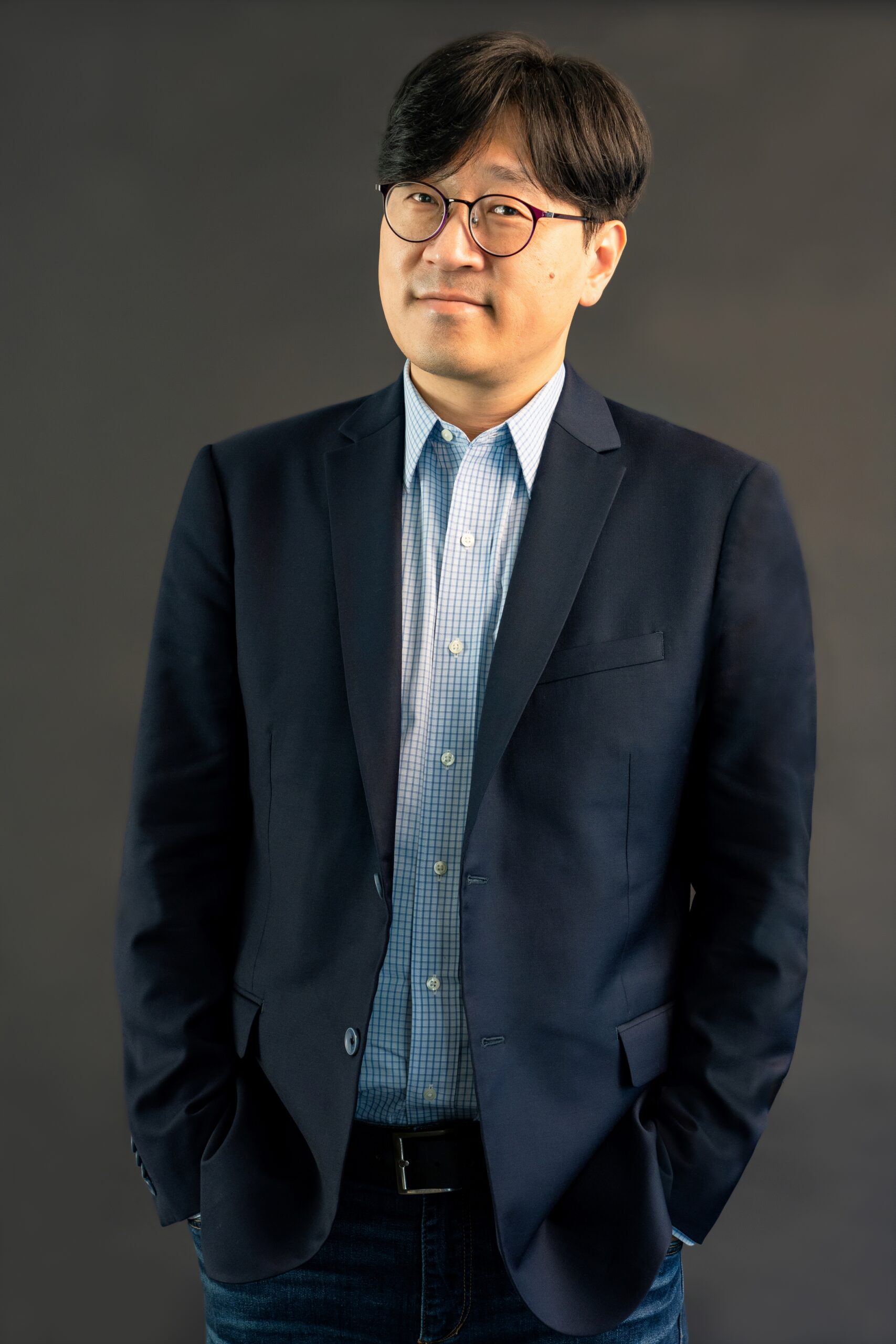Sangjoon Lee
BRIEF BIO
I am an Associate Professor and Head of the Digital Arts and Creative Industries Department at Lingnan University in Hong Kong. I hold a PhD in Cinema Studies from New York University’s Tisch School of the Arts and an MA in Cinema and Media Studies from the University of California-Los Angeles (UCLA).
I am a historian of Asian cinema whose interests span the Cultural Cold War, South Korean cinema and popular culture, international film festivals, and the film industries in contemporary Asia. Since my joining to NTU in January 2015, I have extensively investigated film history in its socio-historical and industrial contexts, paying particular attention to issues of the national and the transnational, questions of ownership and control, the new regionalism, industrial networks, and the unprecedented cultural flows and mixing in cinema and media around Asia and the globe. I am the author of Cinema and the Cultural Cold War: US Diplomacy and the Origins of the Asian Cinema Network (Cornell University Press, 2020), the editor of Hallyu 2.0: The Korean Wave in the Age of Social Media (University of Michigan Press, 2015; with Markus Nornes) and Rediscovering Korean Cinema (University of Michigan Press, 2019; 2020 CHOICE Outstanding Academic Title), and the guest editor of “Reorienting Asian Cinema in the Age of the Chinese Film Market (Screen, 2019), “The Chinese Film Industry: Emerging Debates” (Journal of Chinese Cinemas, 2019; with LEUNG Wing-Fai), and “Transmedia and Asian Cinema” (Asian Cinema, 2020’ with LIEW Kai Khiun).
I am the recipient of the Jay Leyda Award for Academic Excellence (2011) and the David H. Culbert Prize for the Best Article in Film and Media History by an Established Scholar (2019). My works have been translated into Korean, Japanese, and Italian. Prior to joining Lingnan University, I was an associate professor at Nanyang Technological University and an assistant professor at the University of Michigan, Ann Arbor. I was also a visiting professor at the Australian National University, Dankook University, and Yonsei University.
CURRENT AND FUTURE PROJECTS
I am currently working on four books – 1) my second book, Border Crossings in Celluloid Asia: South Korea’s Encounter with Sinophone Cinemas, that will explore how South Korean cinema during the Cold War was influenced by the regional and trans-regional network with diasporic Sinophone cinemas of Hong Kong, Taiwan, Singapore, and Malaysia. I have signed a contract with Amsterdam University Press. This book is expected to be published in 2022/2023; 2) my third edited volumes – Asian Cinema and the Cultural Cold War which will be the first attempt to resuscitate the forgotten history of Asia, and reveal an important piece in the larger history of the cultural, political, and institutional linkages between the US, Europe, and Asia during the Cold War; and 3) the fourth edited volume The South Korean Film Industry (lead editor) that will provide the first detailed scholarly overview of the South Korean film industry. It will be edited by three experts – Dal Yong Jin (Simon Fraser University), Cho Junhyoung (Korean Film Archive), and myself as the lead editor; and lastly, I have been invited to co-edit Routledge Companion to Asian Cinema. Zhang Zhen (New York University) is the lead editor. Routledge Companion to Asian Cinema is expected to be published in 2024.
RECENT REPRESENTATIVE PUBLICATIONS
1. Cinema and the Cultural Cold War: US Diplomacy and the Origins of the Asian Cinema Network (Cornell University Press, 2020)
2. “The South Korean Film Industry and the Chinese Film Market” Screen 60:2 (2019): 332-44
3. “Destination Hong Kong: The Geopolitics of South Korean Espionage Films in the 1960s,” The Journal of Korean Studies 22:1 (2017): 346-364.
4. “Creating an Anti-Communist Motion Picture Producers’ Network in Asia: The Asia Foundation, Asia Pictures, and the Korean Motion Picture Cultural Association,” Historical Journal of Film, Radio, and Television 37:3 (2017): 517-538.
5. “The Asia Foundation’s Motion Picture Project and the Cultural Cold War in Asia,” Film History 29: 2 (2017): 108-137.
